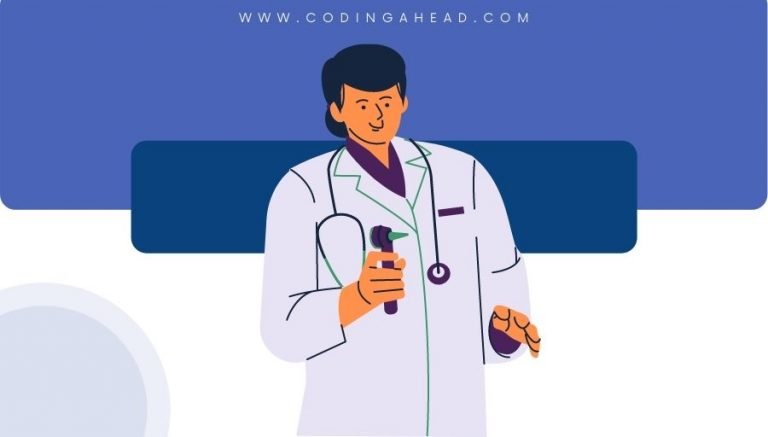How To Use CPT Code 95812
CPT 95812 describes the extended monitoring of an electroencephalogram (EEG) for a duration of 41-60 minutes. This article will cover the description, procedure, qualifying circumstances, appropriate usage, documentation requirements, billing guidelines, historical information, similar codes and billing examples.
1. What is CPT Code 95812?
CPT 95812 can be used to describe the extended monitoring of an electroencephalogram (EEG) for a duration of 41-60 minutes. This code is used when a healthcare provider performs an EEG to measure the electrical activity of the brain using small electrodes placed on the patient’s scalp. The extended monitoring is necessary when the standard 40-minute recording time is not sufficient to capture the required data.
2. Official Description
The official description of CPT code 95812 is: ‘Electroencephalogram (EEG) extended monitoring; 41-60 minutes.’
3. Procedure
- The healthcare provider attaches small electrodes to the patient’s scalp to measure the electrical activity of the brain.
- The provider performs an extended monitoring of the EEG for a duration of 41-60 minutes.
- During the monitoring, the provider observes and records the brain’s electrical activity to diagnose conditions such as epilepsy, coma, or sleep disorders.
- The provider may analyze the EEG reading for abnormalities or patterns that indicate specific brain disorders.
- The extended monitoring allows for a more comprehensive assessment of the patient’s brain activity compared to a standard EEG.
4. Qualifying circumstances
CPT 95812 is used when extended monitoring of an EEG is necessary due to the complexity or duration of the patient’s condition. This code is typically used for patients with epilepsy or other brain disorders that require a longer recording time to capture accurate data. The healthcare provider must determine the medical necessity for extended monitoring and document it in the patient’s medical record.
5. When to use CPT code 95812
CPT code 95812 should be used when a healthcare provider performs an extended monitoring of an EEG for a duration of 41-60 minutes. It is important to ensure that the extended monitoring is medically necessary and justified based on the patient’s condition. This code should not be used in conjunction with CPT codes 95700-95726, which represent other EEG procedures.
6. Documentation requirements
To support a claim for CPT 95812, the healthcare provider must document the following information:
- The medical necessity for extended monitoring of the EEG
- The duration of the monitoring session (41-60 minutes)
- The specific findings or abnormalities observed during the monitoring
- The provider’s analysis and interpretation of the EEG reading
- Any additional relevant information related to the patient’s condition or the monitoring procedure
7. Billing guidelines
When billing for CPT 95812, ensure that the extended monitoring of the EEG is performed for a duration of 41-60 minutes. If only the professional component of the service is being reported, append modifier 26 to the code. If only the technical component is being reported, append modifier TC to the code. However, if the technical component is provided by the hospital, do not append modifier TC. It is important to follow the specific billing guidelines of the payer and accurately report the service provided.
8. Historical information
CPT 95812 was added to the Current Procedural Terminology system on January 1, 1995. There have been no updates or changes to the code since its addition.
9. Examples
- A neurologist performing an extended monitoring of an EEG for 45 minutes to diagnose epilepsy in a patient.
- A sleep specialist conducting an extended monitoring of an EEG for 50 minutes to assess a patient’s sleep disorder.
- A neurosurgeon performing an extended monitoring of an EEG for 55 minutes to evaluate a patient in a coma.
- A pediatrician conducting an extended monitoring of an EEG for 60 minutes to diagnose a child with developmental delays.
- A psychiatrist performing an extended monitoring of an EEG for 41 minutes to assess a patient with suspected psychiatric disorders.
- A neurophysiologist conducting an extended monitoring of an EEG for 50 minutes to evaluate a patient with unexplained seizures.
- A geriatrician performing an extended monitoring of an EEG for 55 minutes to assess cognitive decline in an elderly patient.
- A rehabilitation specialist conducting an extended monitoring of an EEG for 60 minutes to evaluate a patient with traumatic brain injury.
- A neurology resident performing an extended monitoring of an EEG for 45 minutes to gain experience in interpreting EEG readings.
- An emergency medicine physician conducting an extended monitoring of an EEG for 50 minutes to assess a patient with altered mental status.


